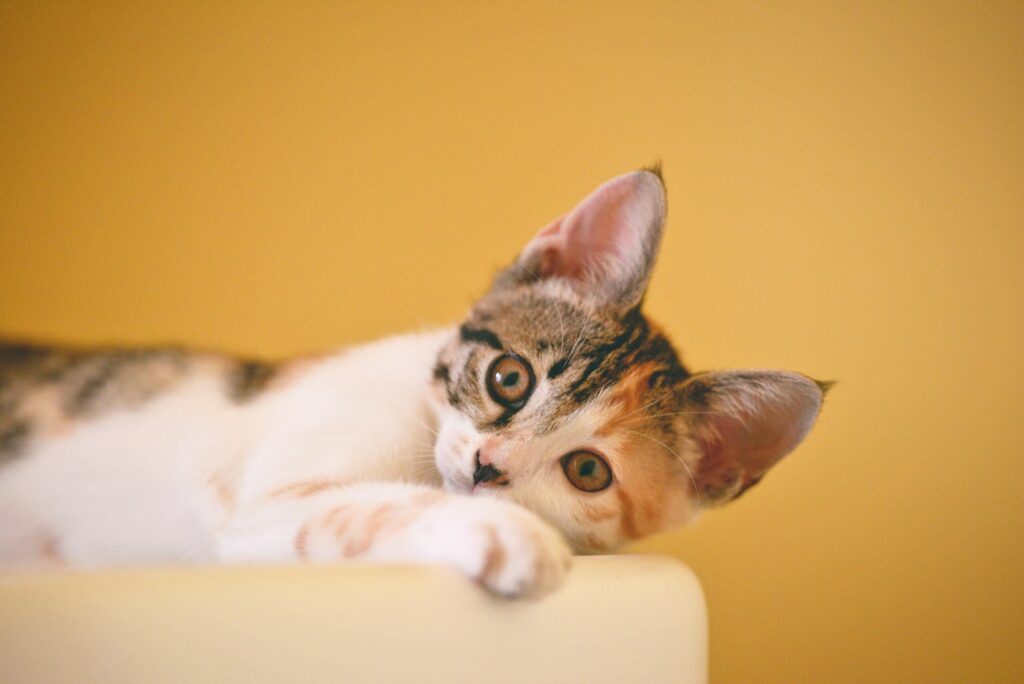Can Cats Eat Onions? — No, They Can’t
Onions may add flavor to our favorite dishes, but when it comes to our feline friends, they should be strictly avoided. Cats cannot eat onions due to their toxic properties, which can lead to serious health issues if ingested. It is important to be aware of the potential dangers and keep onions away from your beloved feline companions.
Is It Safe for Kittens to Consume Onions?
Just like adult cats, kittens should not be given onions as well. The compounds present in onions can be harmful to their delicate digestive systems and may cause severe health problems. It’s best to keep onions out of reach from kittens and ensure they don’t accidentally consume any.
Risks Associated with Feeding Onions to Kittens
Feeding onions to kittens can result in various risks, including:
- Toxicity: Onions contain compounds like N‑propyl disulfide, which can cause oxidative damage to a kitten’s red blood cells, leading to a condition called Heinz body anemia.
- Gastrointestinal Upset: Consumption of onions can irritate a kitten’s gastrointestinal tract, causing symptoms like vomiting, diarrhea, and abdominal pain.
- Allergic Reactions: Some kittens may be allergic to onions, and ingestion can trigger allergic reactions such as skin rashes, itching, and swelling.
Why Onions are Not Recommended for Cats
Toxic Compounds:
Onions contain compounds like thiosulphate, which can cause oxidative damage to a cat’s red blood cells. This can lead to a condition known as Heinz body anemia, potentially resulting in weakness, lethargy, pale gums, and an increased heart rate.
Digestive System Sensitivity:
Cats have a sensitive digestive system, and onions can cause irritation, leading to gastrointestinal upset. Symptoms may include vomiting, diarrhea, abdominal discomfort, and a decreased appetite.
Allergic Reactions:
Some cats may have an allergic reaction to onions, manifesting as skin rashes, itching, swelling, or even difficulty breathing. It is crucial to avoid exposing cats to onions to prevent such allergic responses.
Known Health Issues in Cats from Consuming Onions
Consuming onions can result in various health issues in cats, including:
- Heinz Body Anemia: The oxidative damage caused by onion consumption can lead to the destruction of a cat’s red blood cells, resulting in anemia and associated symptoms.
- Gastrointestinal Distress: Cats may experience digestive problems like vomiting, diarrhea, abdominal pain, and a loss of appetite.
- Allergic Reactions: Some cats may have an allergic response to onions, leading to skin irritations, itching, swelling, or respiratory difficulties.
What to Do If a Cat Has Consumed Onions?
- Immediate Veterinary Attention: If you suspect your cat has consumed onions, it is important to seek immediate veterinary advice. The veterinarian can provide guidance based on the cat’s symptoms and potentially initiate appropriate treatment.
- Inducing Vomiting: In some cases, if the ingestion has been recent, the veterinarian may advise inducing vomiting to remove the onions from the cat’s system.
- Supportive Care: The veterinarian may provide supportive care, such as intravenous fluids, medications, or blood transfusions, to mitigate the effects of onion toxicity.
Safe Alternatives to Onions for Cats
While cats should avoid onions, there are several safe and healthy alternatives to consider:
- Steamed or boiled plain chicken or turkey can be a great source of lean protein for cats.
- Salmon, when cooked thoroughly and without any seasoning, can be a nutritious treat for cats.
- Small portions of cooked carrots or green beans can provide cats with additional vitamins and minerals.
Conclusion
In conclusion, onions should never be included in a cat’s diet. They are toxic to cats, posing the risk of severe health issues such as anemia, gastrointestinal distress, and allergic reactions. It is vital to keep onions away from cats and provide them with safe alternatives that promote their overall health and well-being.






